Remembering the Jewish Feasts

 Sometimes I forget I’m a bit weird…
Sometimes I forget I’m a bit weird…
Do you have habits which have been part of you for years? Do you have personal traditions which you’ve been following for so long that you forget that they’re not universally shared by the rest of the world?
Well, last month I was chatting with a friend online and he highlighted for me one of my personal eccentricities. Our discussion prompted me to write this post so as to share my weirdness with the world, and in the faint hope of discovering others out there who have similar quirks…
“I will make a new covenant…”
Before we start talking about any of the particular ways in which I’m weird, perhaps we should first do a little theology…
When the Lord took on flesh in the womb of Mary, we entered a new phase of salvation history. God’s rescue plan for mankind had been in progress long before the Incarnation, but the coming of Christ ushered in a new economy of salvation. Through the events of the Upper Room and Calvary, the Jesus welcomed us into a New Covenant.
All that had come before the Incarnation had been a preparation for the coming of Christ. The Early Church Fathers were fond of demonstrating in their writing the typology at work in Scripture, how the events of the Old Covenant foreshadowed the good things which came with Christ:
For at one time the sacrifice to the sheep was valuable, but now it is without value because of the life of the Lord… The temple here below once was valuable, but now it is without value because of the Christ from above.
– Melito of Sardis, On the Passover
I’d love to do a more detailed post on this subject but it is enough to note that, as Melito explains, with the institution of the New Covenant, the things of the Old Covenant passed away which is why Christians are not required to keep the full weight of the Mosaic Law. Part and parcel of this were all the ritual observances of the Jewish feasts (Leviticus 32:1-44) and we see in the Early Church the development of a new liturgical year which was distinct from the Jewish calendar.
Now we come to the subject of my eccentricity…
A few weeks ago, one of my friends commented on the fact that I often post on Facebook wishing people a happy Rosh Hashana, Yom Kippur etc. I explained to my friend that I typically tried to keep track of the Jewish Holy Days and celebrate them in my own way. As a child of the New Covenant, I’m in no way bound to celebrate any of them, but something within me finds it appealing to mark the feasts of Old Covenant which were celebrated by my forefathers in the Faith…
Rejoice, O Israel!
The most significant event in the history of Israel was, of course, the Passover, when God delivered His people from Egypt. It was during Passover that Christ instituted the Eucharist and was later crucified. Passover corresponds to the Christian celebration of Easter/Pascha. However, following the Jewish calendar, Passover doesn’t necessarily fall on a Sunday, so try to go to Liturgy on whatever day it falls each year, to consume Jesus, the true “Lamb of God” (John 1:29) and to commemorate liberation, not from Egypt, but from sin and death.
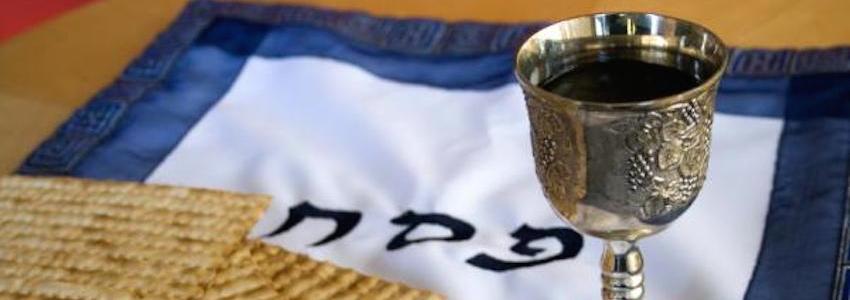
The next Jewish feast in the calendar is Pentecost/Shavuot, but I typically don’t do anything special on that day. Obviously, Christians celebrate Pentecost as the day on which the Holy Spirit descended on the disciples in the Upper Room. What a lot of Christians aren’t so aware of is that Pentecost was already an existing feast of the Jews, celebrating both the harvest and commemorating the giving of the Law to Moses on Mount Sinai.
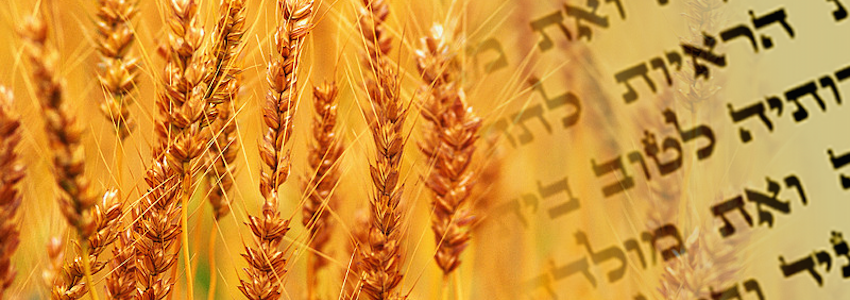
I think the next tradition I began related to Rosh Hashana and Yom Kippur. Rosh Hashana is the Jewish New Year and Yom Kippur is the Day of Atonement. The time between these days in the Jewish liturgical calendar is traditionally devoted to fasting, prayer and penitence. It therefore seemed to me a natural thing to go to Confession on Rosh Hashana and receive forgiveness through the sacrament of the New Covenant. On Yom Kippur I then consume the Eucharist and celebrate the atonement which came with Christ.
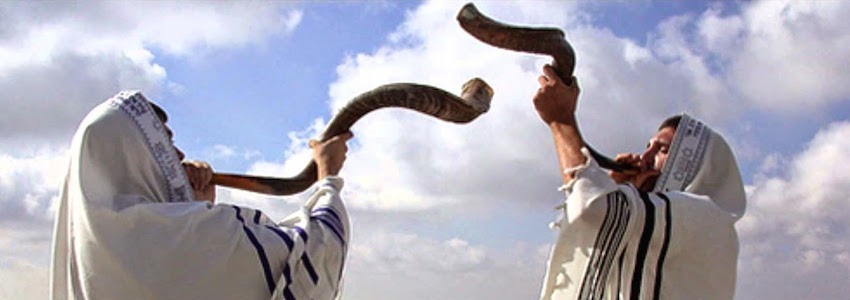
A few months ago it was Succoth, the Feast of Booths, when Israel recalls her wandering in the wilderness of the desert, typically by sleeping in makeshift booths in the garden. I usually mark this feast by heading out into nature for a hike, praying the rosary on my way. However, this year I was fortunate enough to be out camping at the Olympic National Park at the time of Succoth! I even got to go to Mass while camping so as to receive the heavenly manna in the wilderness (John 6:31)!
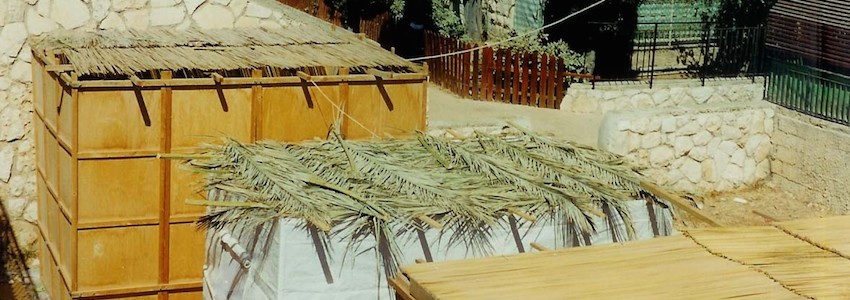
Lastly, there is the celebration of Hanukah, an event described in the deuterocanonical books of Maccabees, which recalls the rededication of the Temple and the miracle of menorah lamp. On that day I simply try to get into a church, light a candle and pray for God’s protection and provision.
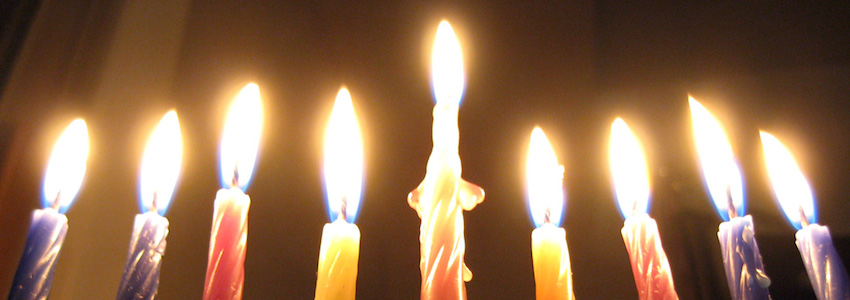
Purim commemorates the saving of God’s people through the intercession of Queen Esther. I have a few small traditions associated with this, such as praying a Rosary asking Mary, the Queen of the New Covenant to intercede for me.
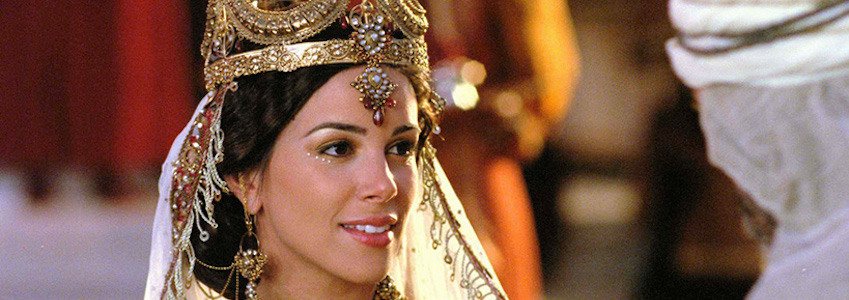
Rhyme and reason
I’m not completely sure when I started paying attention to the Jewish holidays. At school we had celebrated Passover a couple of times, but I don’t recall marking the day again until adulthood. I’m also not really sure what first motivated me. Perhaps it might have been after reading Taylor Marshall‘s book The Crucified Rabbi or listening to teachers such as Roy Schulman, Dr. Pitre, Dr. Lawrence Feingold from the Association of Hebrew Catholics. Perhaps it was even just through the music of the Maccabeats?
Either way, my appreciation has grown considerably for the Hebrew basis of my faith and I find these little traditions of mine help connect me to my spiritual ancestry, reminding me that “salvation is from the Jews” (John 4:22) and that “spiritually, we are all semites” (Pius XI).
So, anyone else out there do crazy things like this too? Do you have any other suggestions for New Covenant ways of celebrating Old Covenant Holy Days?